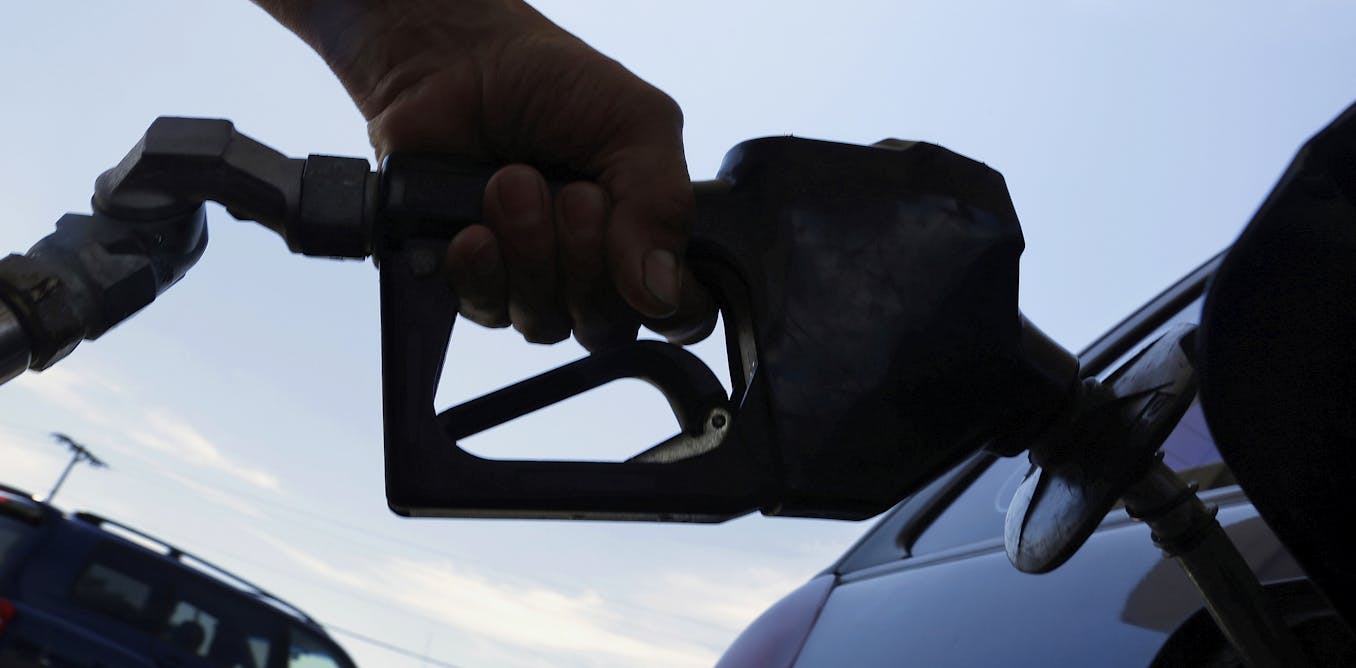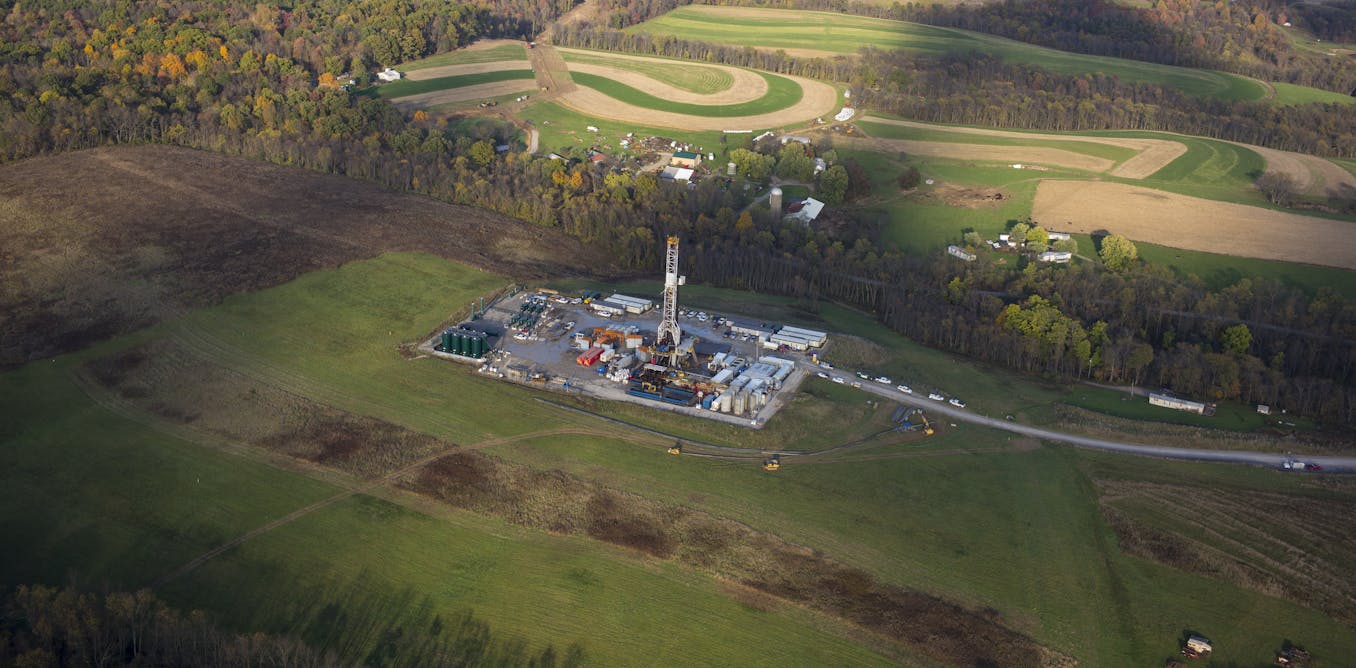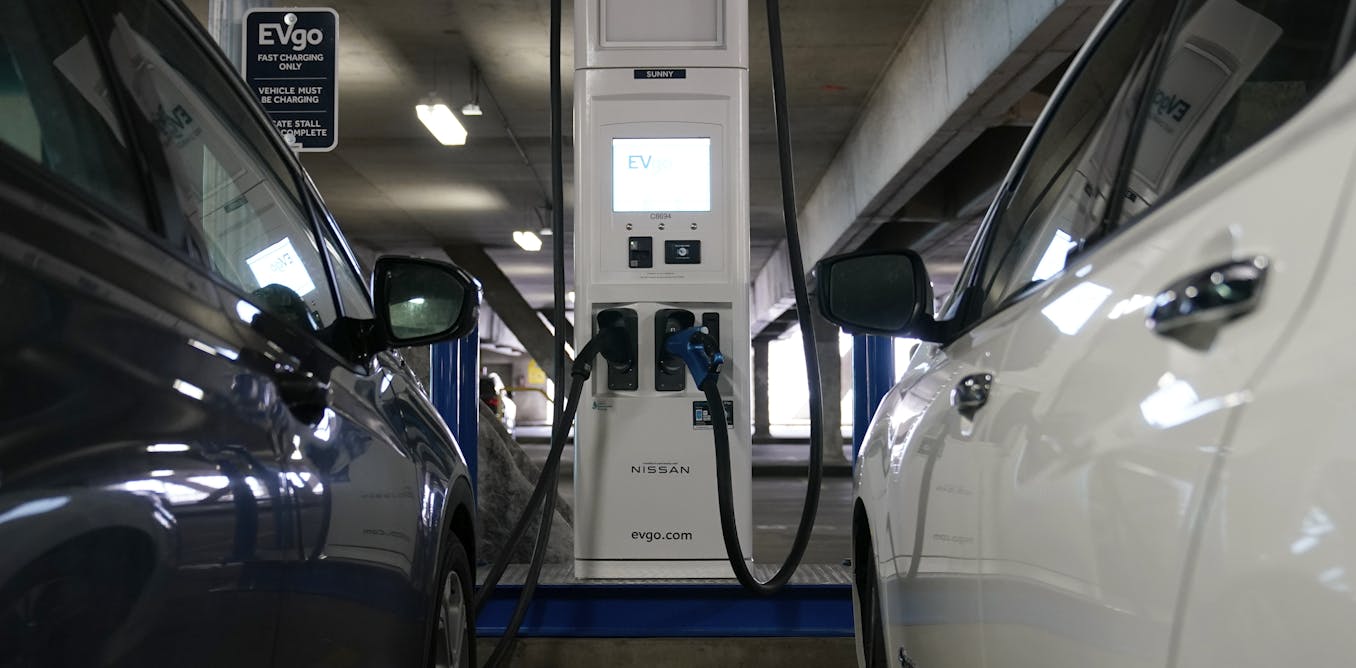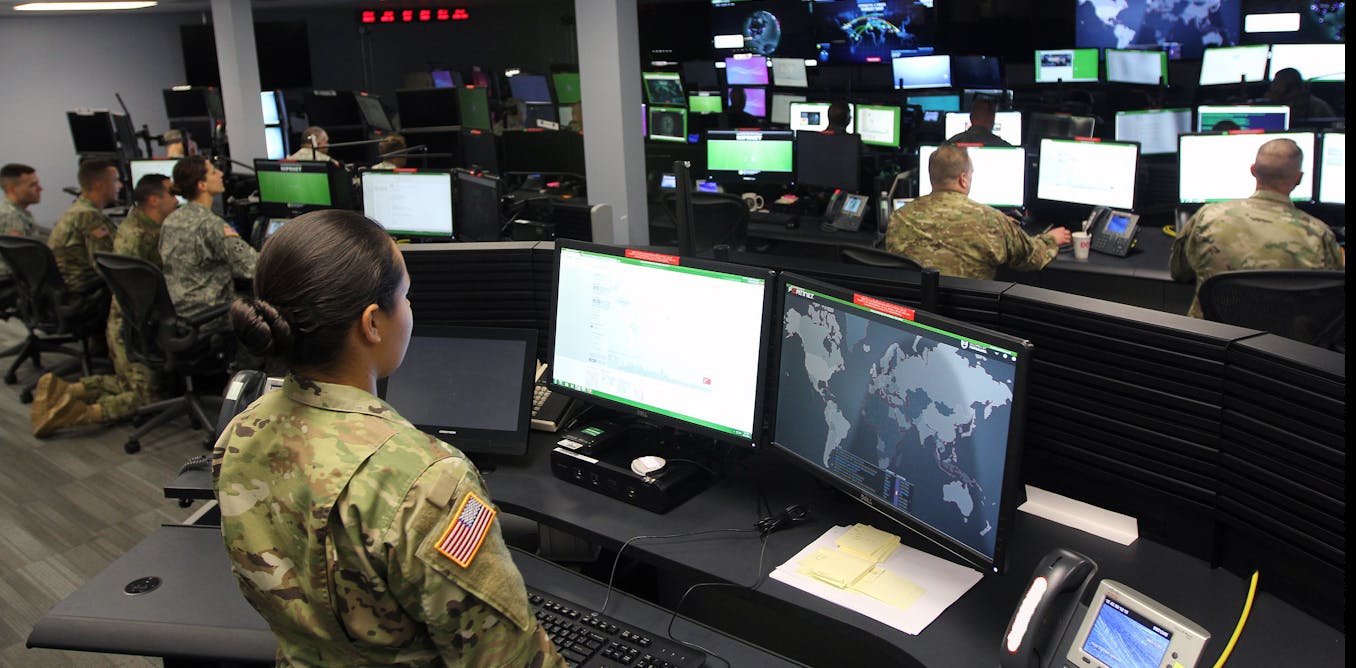For flood-prone cities, seawalls raise as many questions as they answer
Many coastal US cities are contending with increasingly frequent and severe tidal flooding as sea levels rise. Some are considering building seawalls, but this strategy is not simple or cheap.
June 23, 2021 • ~8 min








